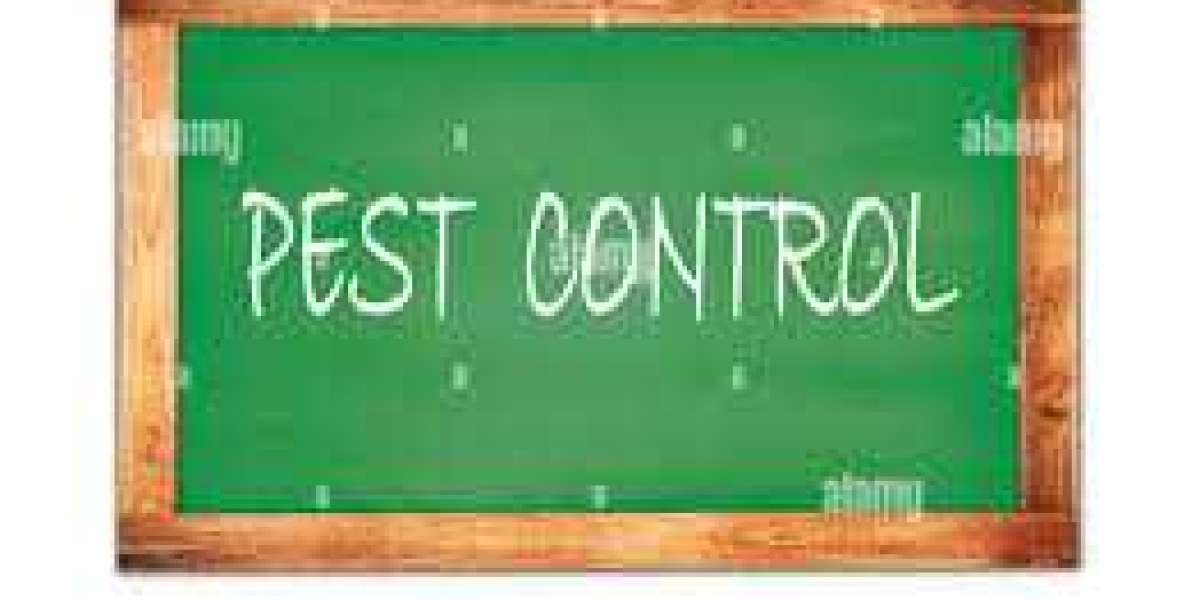Understanding the Importance of Pest Control Education
Pest control is a crucial industry that protects public health and property from unwanted pests. Professionals in this field require specialized knowledge to manage infestations safely and effectively. With growing demand for pest control services, proper training and certification have become essential. Enrolling in a reputable pest control school can provide aspiring technicians with the necessary skills to succeed in this field.
What to Look for in a Pest Control Training Program
Choosing the right pest control school can be overwhelming, especially with multiple options available. When selecting a program, consider the following factors:
1. Accreditation and Certification
Ensure that the school you choose is accredited by relevant authorities and offers state-approved certification. New York requires pest control technicians to be licensed by the Department of Environmental Conservation (DEC), and a recognized training program will help you meet these requirements.
2. Comprehensive Curriculum
A good training program should cover a wide range of topics, including:
Identification and biology of common pests
Safe pesticide application techniques
Integrated Pest Management (IPM) strategies
Health and safety regulations
Environmental impact and sustainable practices
3. Hands-On Training
Theoretical knowledge is essential, but practical experience is just as important. Look for programs that offer hands-on training, including fieldwork and laboratory practice. Real-world experience helps students gain confidence in handling pest control equipment and applying treatments effectively.
4. Experienced Instructors
Instructors should be knowledgeable and have industry experience. Learning from experts can provide valuable insights into real-world pest control scenarios and best practices.
5. Job Placement Assistance
Some schools offer job placement services to help graduates find employment after completing their training. This can be an excellent advantage, especially for those new to the industry.
Types of Pest Control Training Programs Available in New York
New York offers various types of pest control training programs to suit different learning preferences and career goals. Here are some common options:
1. Certificate Programs
Certificate programs provide essential pest control training and prepare students for licensing exams. These programs typically last a few weeks to a few months and are ideal for individuals looking for a quick entry into the workforce.
2. Associate Degree Programs
For those interested in a more in-depth education, some community colleges offer associate degree programs in environmental science or pest management. These programs cover broader topics and may open doors to supervisory or managerial roles.
3. Online Training Courses
Many institutions offer online pest control courses for those who prefer a flexible learning schedule. Online programs often include video lectures, reading materials, and interactive assessments. However, practical training may still be required in person.
4. Apprenticeship Programs
Some pest control companies offer apprenticeship programs that allow individuals to earn while they learn. These programs provide on-the-job training under the supervision of experienced professionals, leading to certification and licensing.
Best Pest Control Schools in New York
Several institutions in New York offer top-notch pest control training. Some of the best options include:
1. New York Pest Management Association (NYPMA)
The NYPMA provides comprehensive training courses for aspiring pest control technicians. Their programs focus on Integrated Pest Management, pesticide safety, and regulatory compliance.
2. Pest Control Training Institute
This institute offers specialized training in pest management, including online and in-person courses. Their programs are designed to prepare students for state licensing exams.
3. Cornell Cooperative Extension
Cornell University’s Cooperative Extension provides various pest control and pesticide application courses. Their training programs emphasize sustainable pest management practices.
4. New York City College of Technology
This college offers environmental health and safety courses, which include pest control training. Their programs are suitable for those looking to expand their knowledge in public health pest management.
5. Private Pest Control Companies
Many pest control companies in New York offer training programs for new employees. These programs often include hands-on training and mentorship from experienced professionals.
Licensing and Certification Requirements in New York
Before becoming a certified pest control technician in New York, you must meet specific licensing requirements set by the Department of Environmental Conservation (DEC). These requirements include:
Completing an approved training course
Passing the state licensing exam
Meeting experience requirements (varies by certification level)
Submitting an application and paying the necessary fees
Certain certifications may also require continuing education to maintain an active license. Staying updated with new pest control regulations and techniques is crucial for long-term success in the industry.
Career Opportunities in Pest Control
After completing a training program and obtaining certification, numerous career opportunities become available in the pest control industry. Some of the roles you can explore include:
1. Pest Control Technician
Technicians work directly with clients to inspect properties, identify pest problems, and apply treatments. They must follow safety guidelines and ensure effective pest management.
2. Pest Control Consultant
Consultants provide expert advice on pest prevention and control strategies. They may work for businesses, government agencies, or as independent contractors.
3. Entomologist
With further education, you can become an entomologist specializing in pest management. Entomologists study insect behavior and develop new methods for controlling infestations.
4. Pest Control Business Owner
Many professionals start their own pest control businesses after gaining experience in the industry. Running a business requires knowledge of pest management, customer service, and business operations.
5. Agricultural Pest Control Specialist
Specialists in this field focus on pest management in agricultural settings, helping farmers protect crops from harmful insects and rodents.
Challenges and Rewards of a Career in Pest Control
A career in pest control comes with both challenges and rewards. Some common challenges include:
Exposure to hazardous chemicals
Working in various environmental conditions
Handling difficult customer situations
However, the rewards make the career worthwhile. Pest control professionals enjoy:
Job stability due to constant demand
Opportunities for career advancement
The satisfaction of helping people maintain safe and pest-free environments
Conclusion
If you are looking for pest control schools near me, New York offers a variety of excellent training programs to help you build a successful career in this industry. Whether you choose a certificate program, an apprenticeship, or an associate degree, the right education will equip you with the skills needed to excel in pest management. With proper training, licensing, and experience, you can enjoy a fulfilling and rewarding career in pest control.








